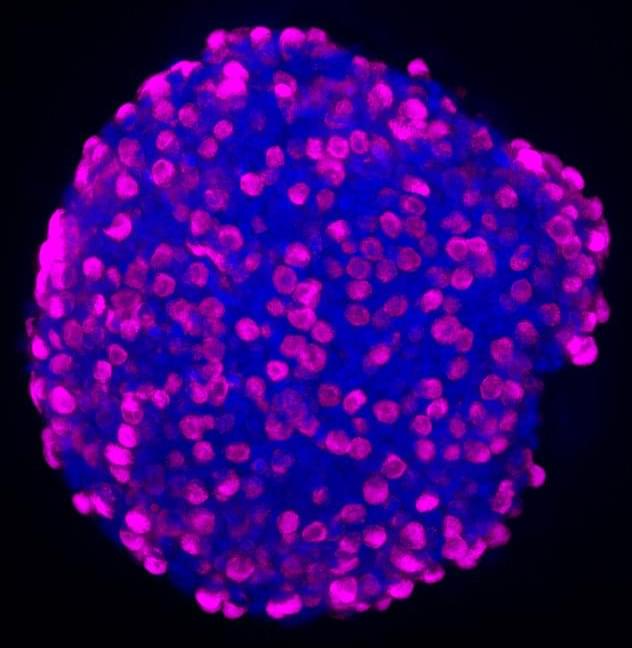A newly developed technology platform has the potential to treat diseases like diabetes, IBS, and obesity by using enteroendocrine (EE) cells found in human intestinal cells, according to a recent study. Although enteroendocrine cells make up only about 1% of intestinal cells, they produce around fifteen different hormones that play a role in regulating digestion and metabolic function.
Creating Organoids
The new organoid platform, developed at Boston Children’s Hospital, is meant to pinpoint drugs that can increase the amount of EEs and encourage them to generate more needed hormones. “There’s been interest in exploiting human intestinal stem cells and EE cells to treat disease,” says David Breault, MD, Ph.D. in a statement. Breault is associate chief of the Division of Endocrinology at Boston Children’s. “But the field is still in a nascent stage. This will open new avenues of discovery.”
